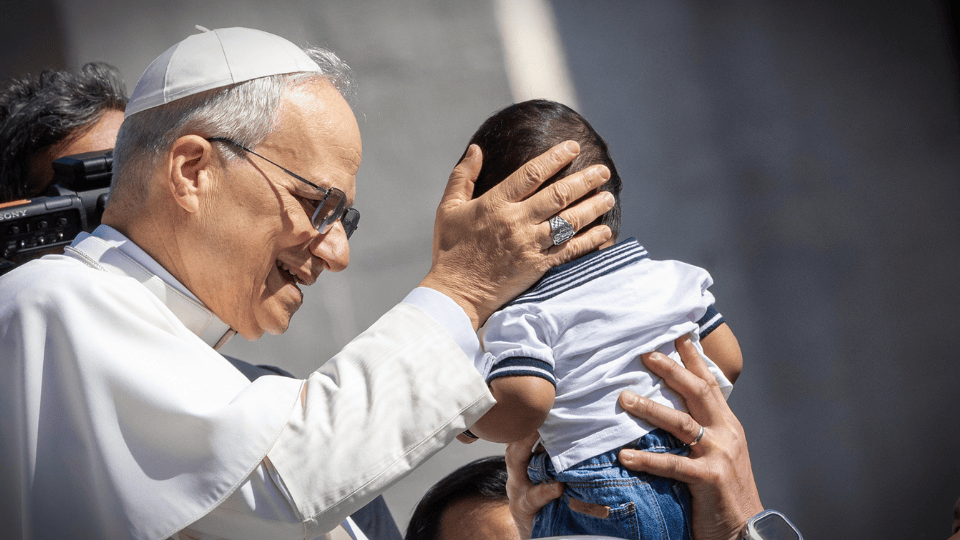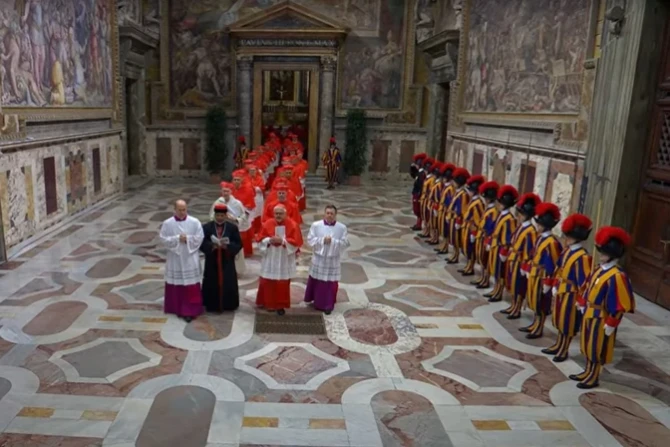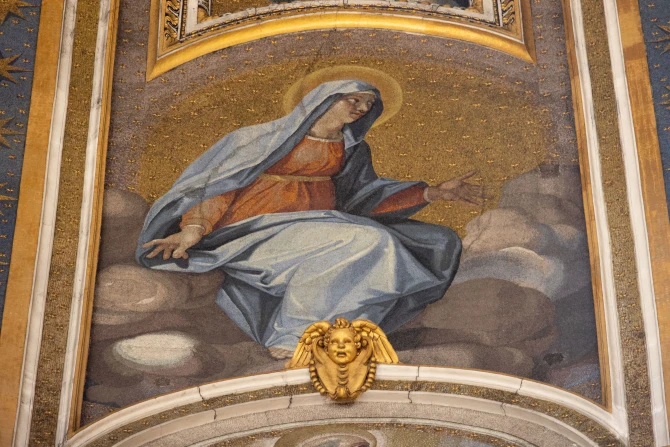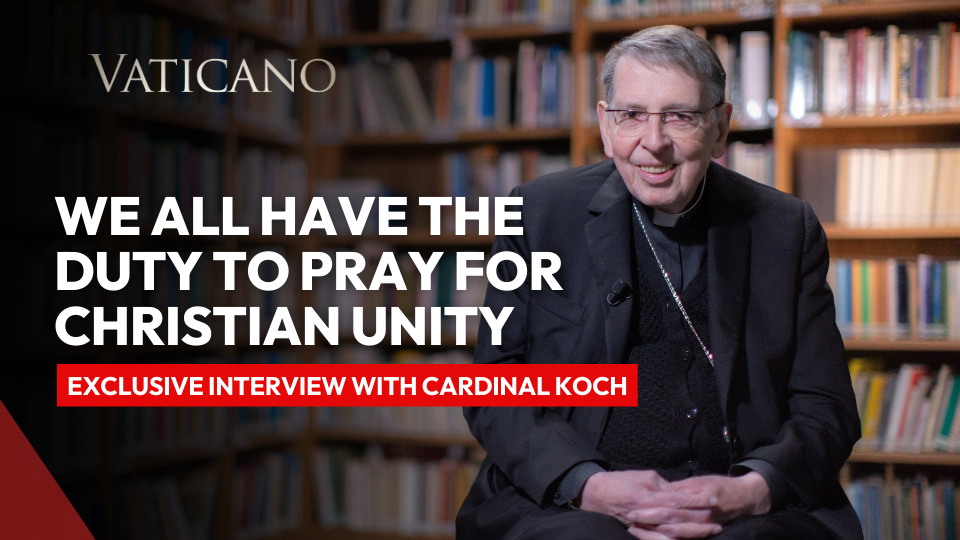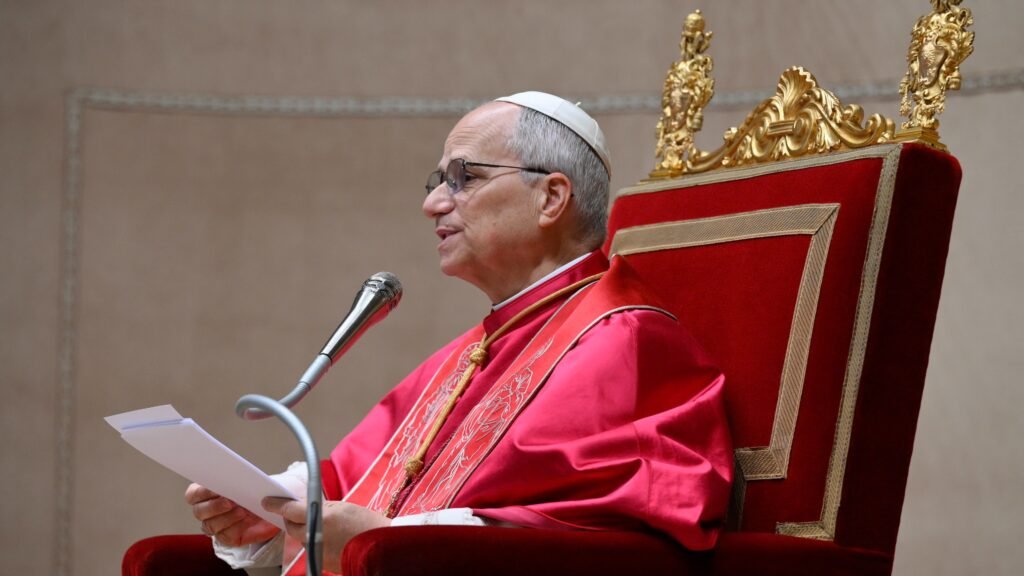A saint for the change of epoch, through whom to rediscover the criterion of discerning through God’s love and returning to a fully Christian life. On the 400th anniversary of the death of St. Francis de Sales, Pope Francis writes an apostolic letter to remember the saint of Annecy, bishop of Geneva in exile for 20 years, but above all the inspirer of a method that he called entirely new, and that led John Paul II to call him a “doctor of God’s love.”
In eleven pages, half of which consist of biographical notes and quotations from the catechetical works of St. Francis de Sales, Pope Francis sketches a profile of the patron saint of journalists and stresses that he found “enlightening his ductility and capacity for vision” in what was at the time “a change of the times” that he had recognized sharply, showing how “the Word he had loved from his youth was capable of making its way, opening new and unpredictable horizons, in a world in rapid transition.”
And Pope Francis notes that this “awaits us as an essential task also for our passage of epoch: a Church that is not self-referential, free from all worldliness but capable of inhabiting the world, of sharing people’s lives, of walking together, of listening and welcoming.”
One image Pope Francis likes to take up is that of the apodous birds, that is, birds that have such small legs that they cannot rest on the ground because otherwise they would not have the strength to fly again, unless a breeze of wind comes to help them take off. “So,” Pope Francis notes, “is man: made by God to fly and unfold his full potential in the call to love, he risks becoming unable to take flight when he falls to the ground and does not consent to open his wings again to the breeze of the Spirit.”
The Pope notes that “God’s power does not cease to be absolutely capable of restoring flight, and yet his gentleness ensures that the freedom of consent to it is not violated or useless. It is up to man to rise or not to rise.”
Pope Francis then dwells on a topic dear to him, that of devotion, because even in the time of St. Francis de Sales “the new passage of epoch had raised, in this regard, not a few questions. In particular, two aspects demand to be understood and revived today as well. The first concerns the very idea of devotion; the second, its universal and popular character.”
And if on the very idea of devotion a true devotion must be distinguished from the many false devotions, on the universal question St. Francis de Sales highlights how devotion cannot be the same.
Finally, the description of the ecstasy of action and life, which has two important clarifications. The first, concerning an effective criterion for the discernment of truth highlights how “while such ecstasy involves a real going out of oneself, this does not mean an abandonment of life. It is important to never forget this, to avoid dangerous deviations. In other words, those who presume to elevate themselves to God, but do not live charity for their neighbor, deceive themselves and others.” St. Francis de Sales himself emphasizes that the contemplative life is superior only if it bears fruit, but if it bears more fruit, the active life is to be preferred.
But ecstasy also has a deep source, which St. Francis de Sales “wisely links to the love manifested by the incarnate Son.”
In short, it is love that is the criterion of good discernment, because “if man thinks with some attention to divinity, immediately he feels some sweet emotion in his heart, which proves that God is the God of the human heart.”
For St. Francis de Sales, then, there was “no better place to find God and help seek Him than in the heart of every woman and man of his time. He had learned this by finely observing himself, from his earliest youth, and scrutinizing the human heart.”
And so, in spite of the fact that St. Francis de Sales “never claimed to elaborate an actual theological system, his reflection on the spiritual life had an eminent theological dignity.”
A theology based on spiritual life and ecclesial life, and that transcended the scholastic disputes of his era. “The world,” he wrote, “is becoming so delicate, that before long one will not dare to touch it, except with velvet gloves, nor medicate its sores, except with onion poultices; but what does it matter, if men are healed and ultimately saved? Our queen, charity, does everything for her children.”
Charity understood as love, as a response to crisis. It is probably the trait Pope Francis discerned as decisive in the biography of the Bishop of Geneva.


